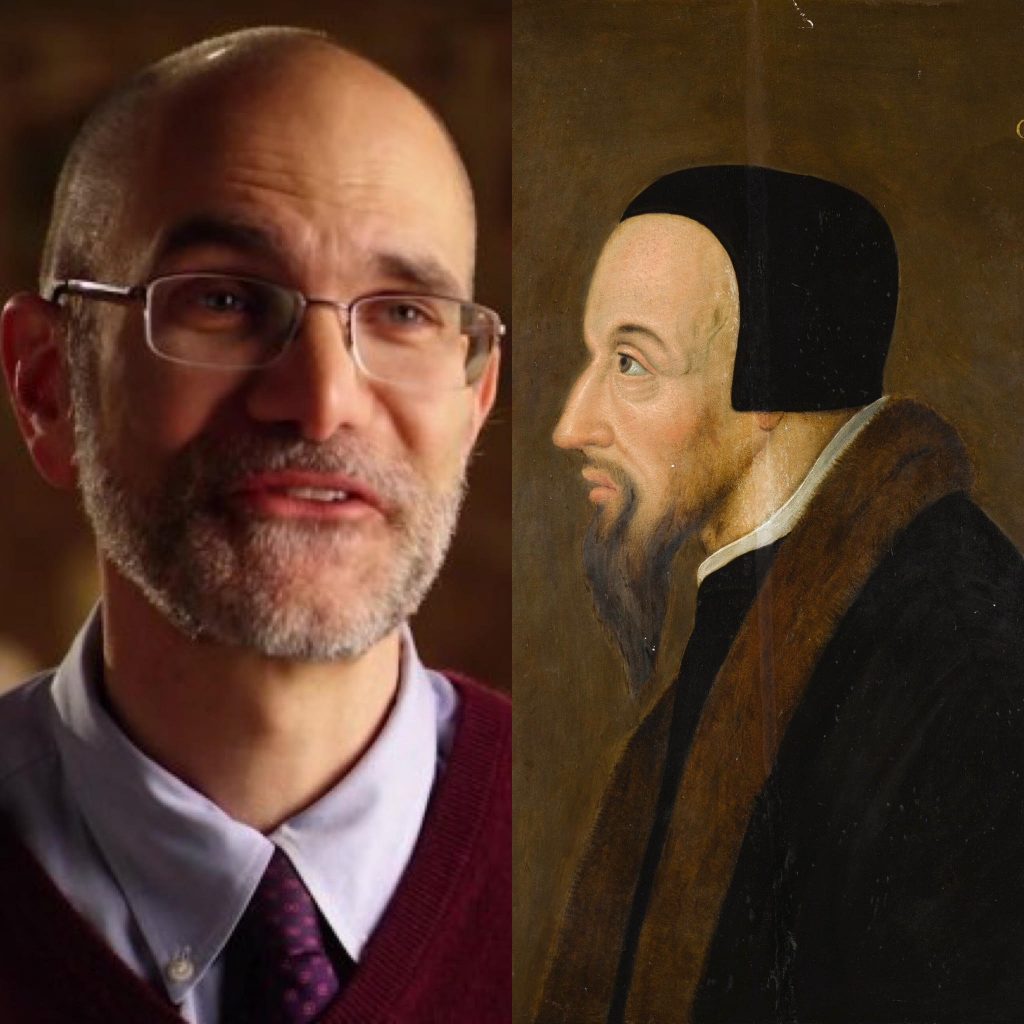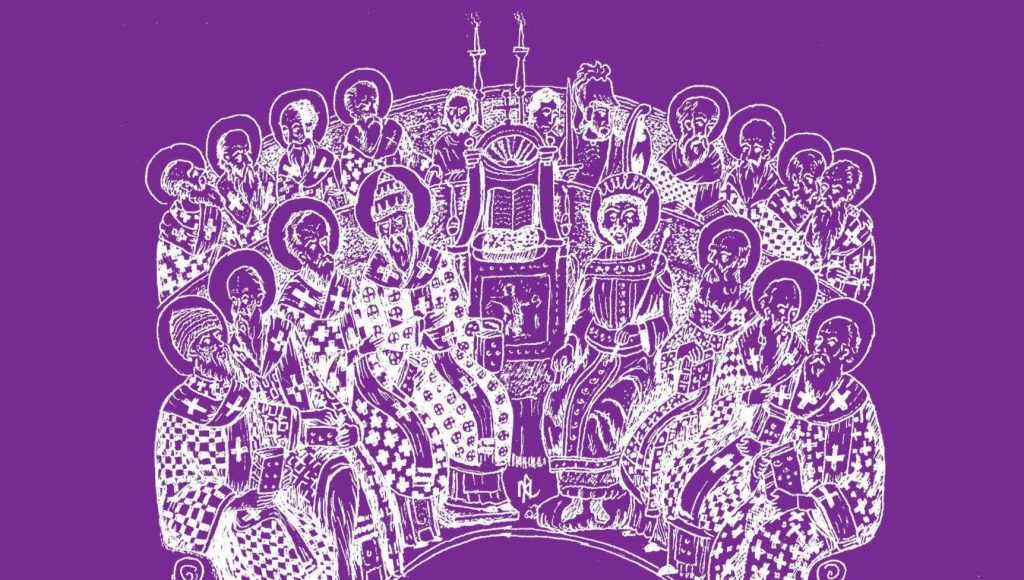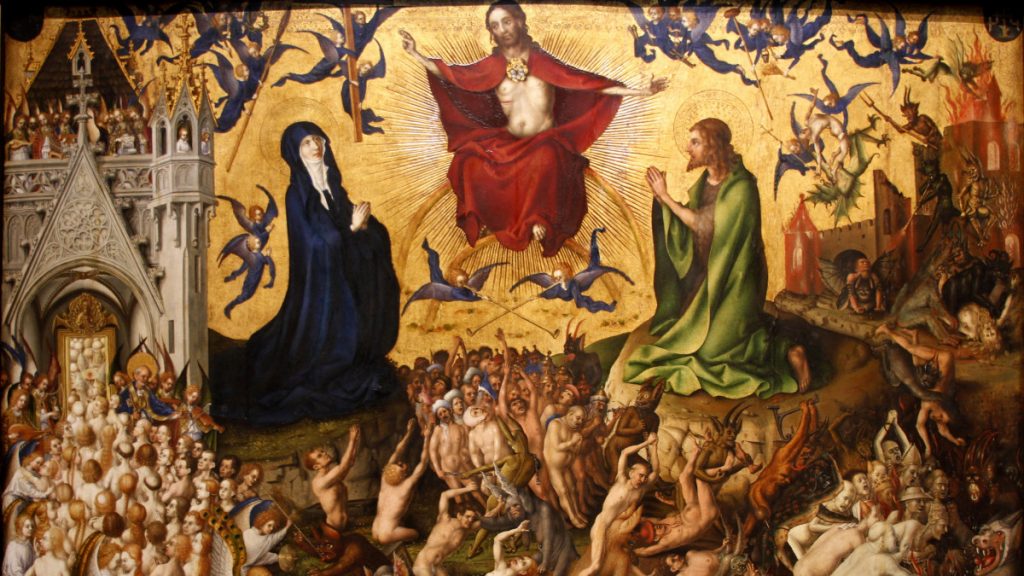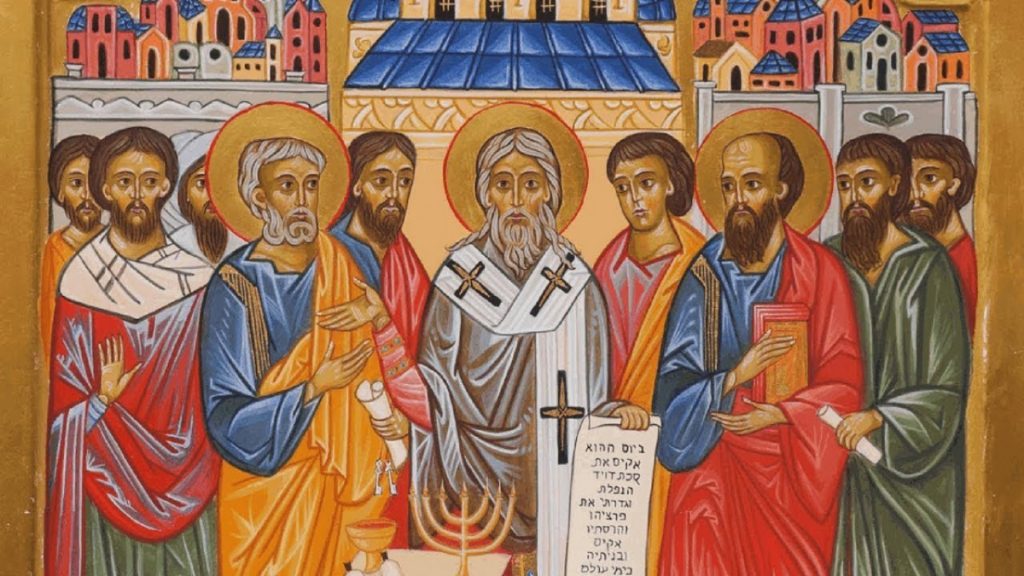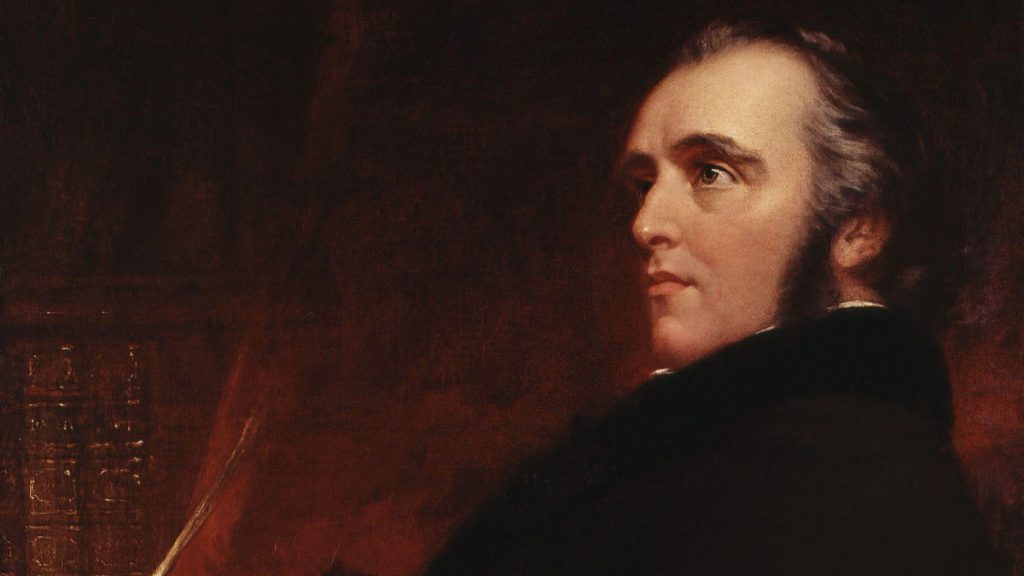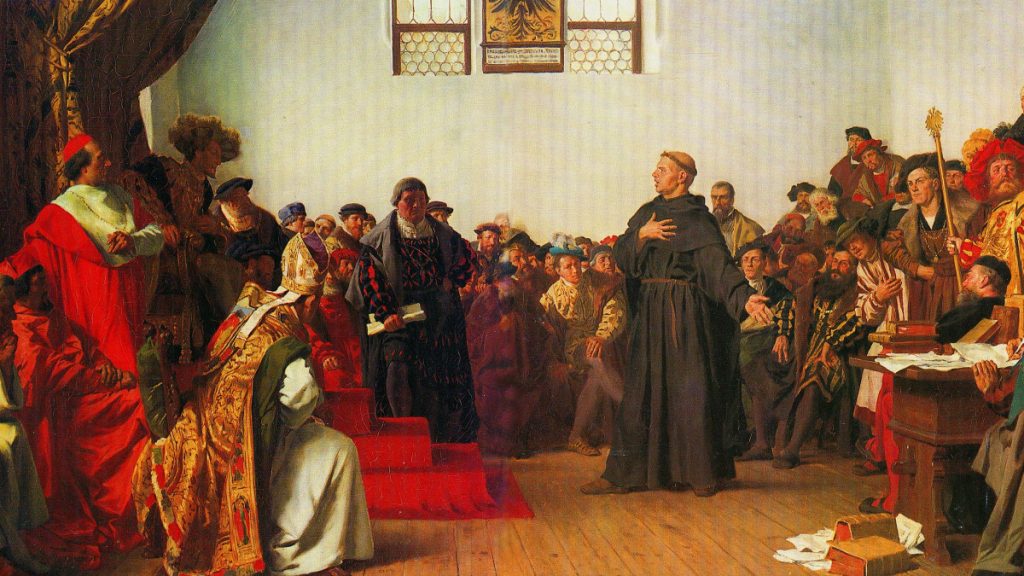(Updated July 13, 2025)
This Author Quote Archive collects pertinent quotes from the Ecclesiastical Writer, Novatian.
Next to each quote are the Topic Quote Archives in which they are included.
This Quote Archive is being continuously updated as research continues. Quotes marked with “***” have not yet been organized into their respective Topic Quote Archives.
Treatises
Novatian, On the Trinity (c. 250-58)
(Ch. 30) ***
But because heretics, ever struggling against the truth, are accustomed to prolong the controversy of pure tradition and Catholic faith, being offended against Christ; because He is, moreover, asserted to be God by the Scriptures also, and this is believed to be so by us; we must rightly—that every heretical calumny may be removed from our faith—contend, concerning the fact that Christ is God also, in such a way as that it may not militate against the truth of Scripture; nor yet against our faith, how there is declared to be one God by the Scriptures, and how it is held and believed by us.
Novatian, Jewish Foods (c. 253-60)
- Homosexual and Gender-Confusing Behavior | Ch. 3, §§13-17
(Ch. 3, §§13-17)1
When fish with rough scales are considered clean, men with austere, rough, unpolished, steadfast, and grave traits are commended; fish without scales are unclean because loose, fickle, insincere, and effeminate traits are censured. What does the Law mean when it states: “You shall not eat the camel” (Lev. 11:4; Deut. 14:7)? From the example of an animal, it censures an unruly life and one distorted by disorders. What does the Law mean when it forbids one to partake of the flesh of swine (Lev. 11:7; Deut. 14:8)? It condemns, you can be sure, a foul and filthy life–one that delights in sordid vices by placing its supreme good, not in nobility of spirit, but in the flesh alone. What does the Law want to indicate when it forbids the hare (Lev. 11:6; Deut. 14:7)? It denounces effeminate men.

